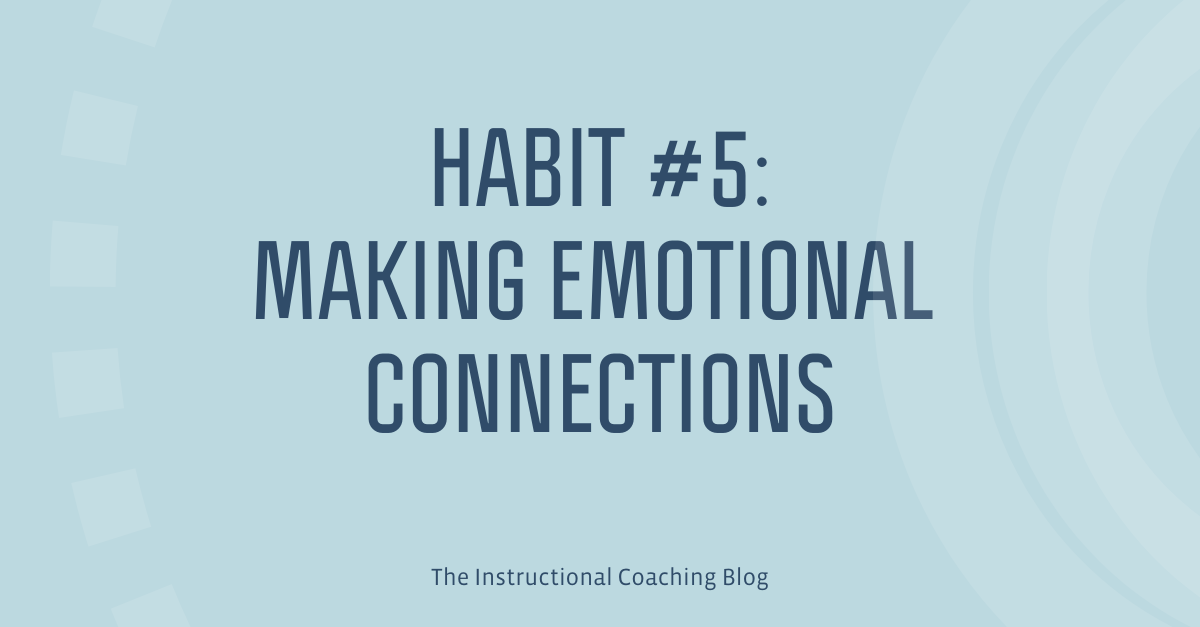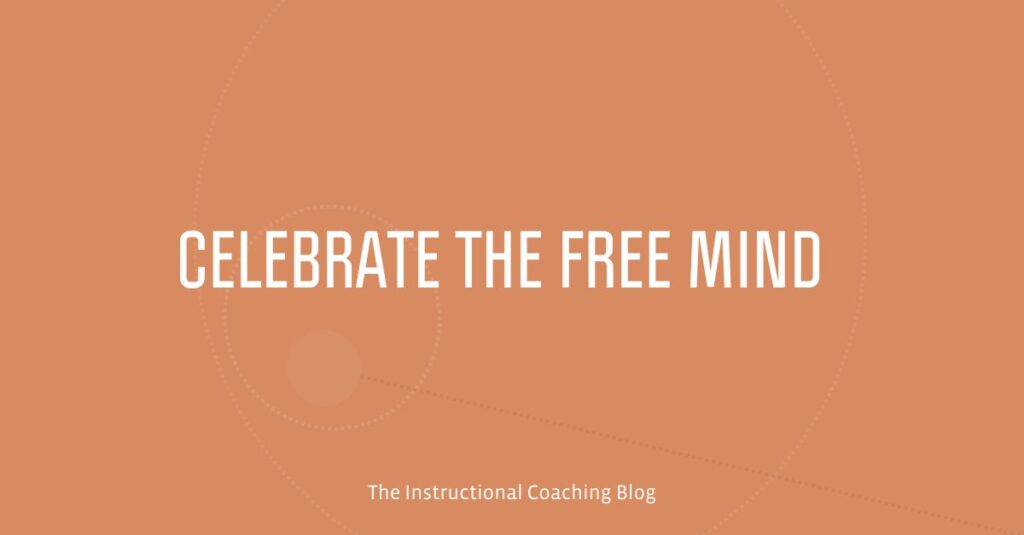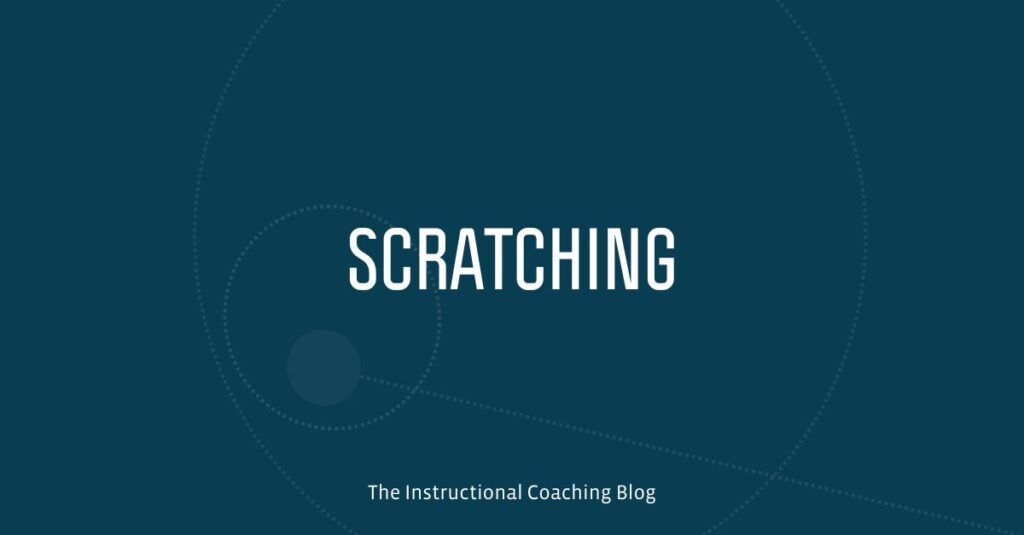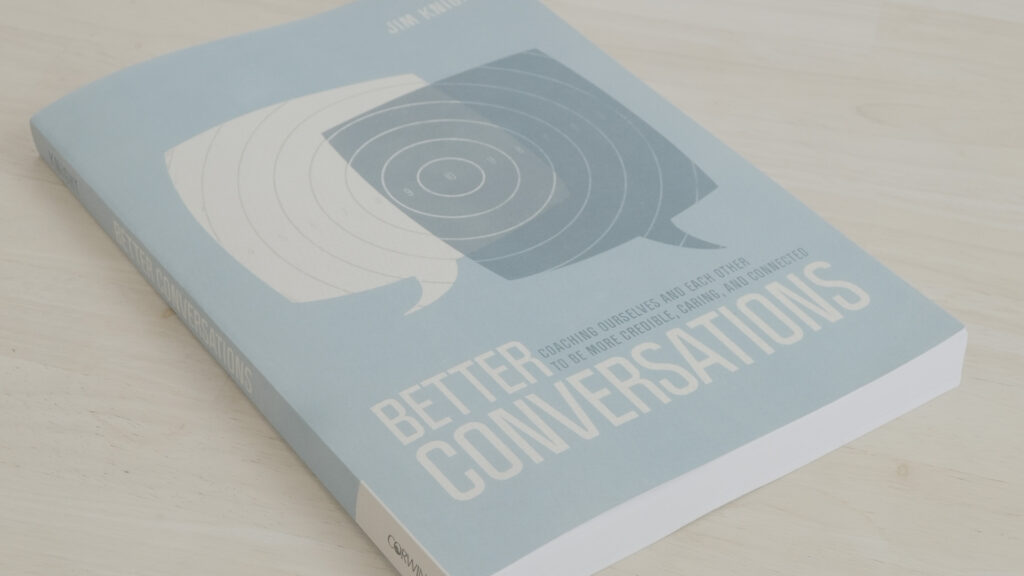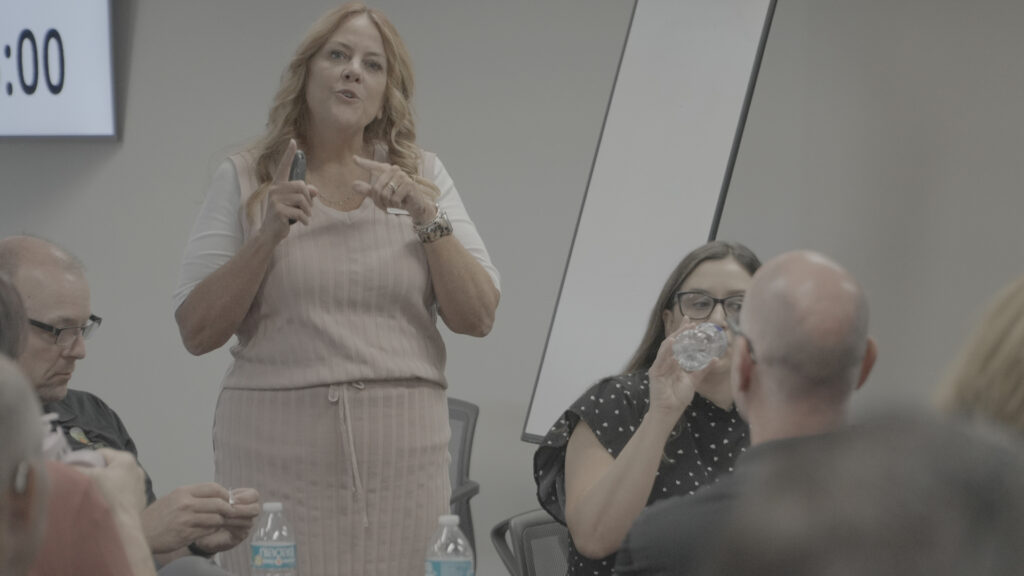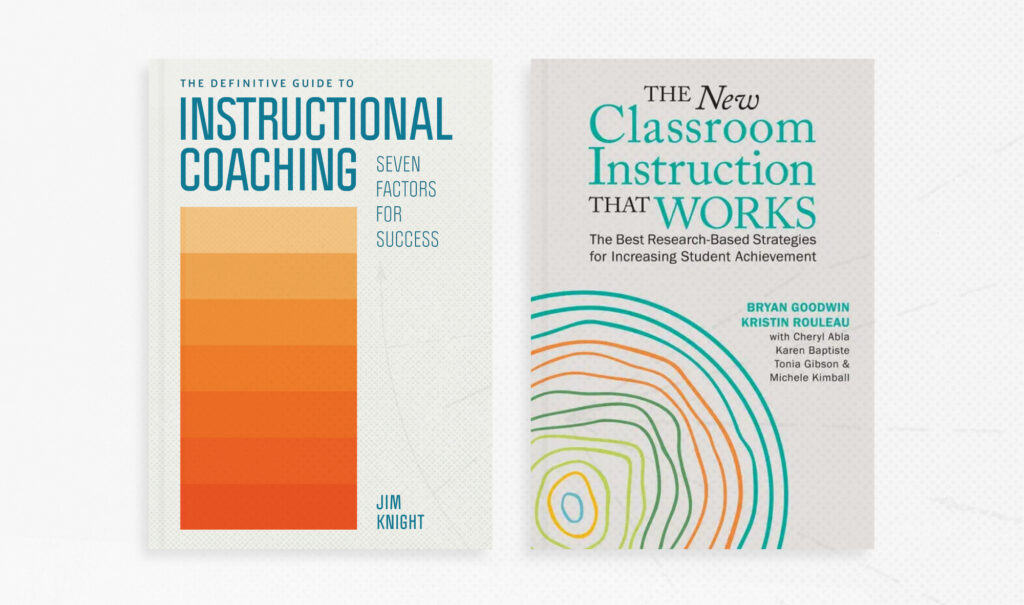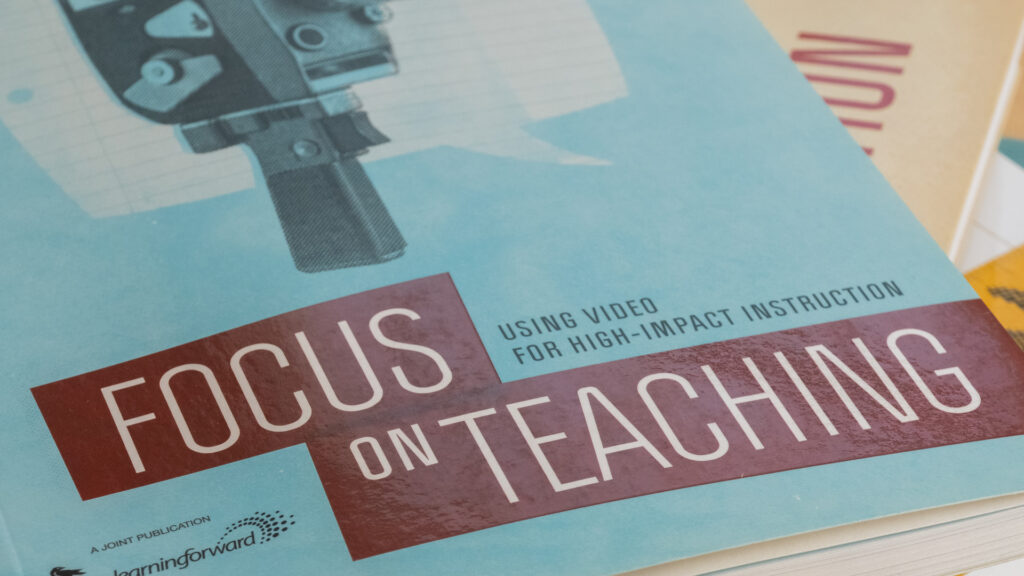One of the world’s leading experts on relationships, John Gottman, sees emotional connection as the primary goal of relating to others. Gottman and Joan DeClaire (2001) put it this way:
[W]hether people are struggling to save a marriage, to cooperate in a family crisis, or to build rapport with a difficult boss, they usually have one thing in common: They need to share emotional information that can help them feel connected. (p. 3)
Gottman and DeClaire’s (2001) research provides us with a simple strategy for observing behavior and coaching ourselves on how well we build up or tear down our emotional connection with others. According to Gottman and DeClaire, emotional connection is fueled or frustrated by how we reach out to connect (bids) and how we respond to others’ bids.
Bids
Can be a question, a gesture, a look, a touch – any single expression that says, “I want to be connected to you.”
Turning Toward
Means to react in positive ways to another’s bids for emotional connection.
Turning Away
This pattern of relating generally involves ignoring another’s bid or acting preoccupied.
Turning Against
People who turn against one another’s bids for connection might be described as belligerent or argumentative. For example, if a man fantasized about owning a passing sports car, his friend might reply, “On your salary? Dream on!”
Build Emotional Connections
We can deepen our connections by learning to practice two strategies:
- Be fully present when we are with others and become sensitive to the ways in which people extend emotional bids for connection and how we respond to those bids.
- Be persistent – making bids and continuing to attempt to connect even when others do not, at first, turn toward those bids.
Be fully present
Often, it’s the smallest actions that have the biggest impact. When we watch, listen, and demonstrate empathy, we will have more opportunities to connect. And more connection should mean we experience much healthier relationships.
Being fully present is also a way to show respect for others. One way to learn to be fully present is to simply watch other people to get a deeper understanding of how people connect or fail to connect. When we watch how people bid and respond to bids, we start to see how simple actions can open up or shut down emotional connections. There is much to be learned by setting aside time to simply pay attention to people around you and note how they interact.
Be Persistent
We can make a point of showing interest in people’s lives and families. We can find out what our conversation partners are interested in and ask them about their interests. We can write thank-you notes and place them in people’s mailboxes. If we find innovative ways to make bids for connection, and if we are mindful of how bids shape the emotional landscape of our schools, homes, and communities, we should find many opportunities to turn toward bids from others.
Emotionally intelligent leaders are constantly watching for opportunities to respond positively to others’ bids for connection. Making and responding to bids can have a huge impact on relationships, but making and responding to bids won’t make a difference if our external behavior is not reinforced by internal integrity.
We can’t make a bunch of bids and figure everything will be all right. We need to be honest. When we see others as equals, and we want to hear what they have to say, and we expect conversations to be life-giving, our bids for connection will resonate and build relationships.
My guess is that many of us have relationships where communication may not have broken down completely, but where we do not feel as connected as we would like to. Maybe we feel a lack of connection with friends, family, coworkers, or people in our community. If we understand how our actions can nurture or damage emotional connection, we can start to have better conversations.
To learn more, consider joining the next Better Conversations cohort.
